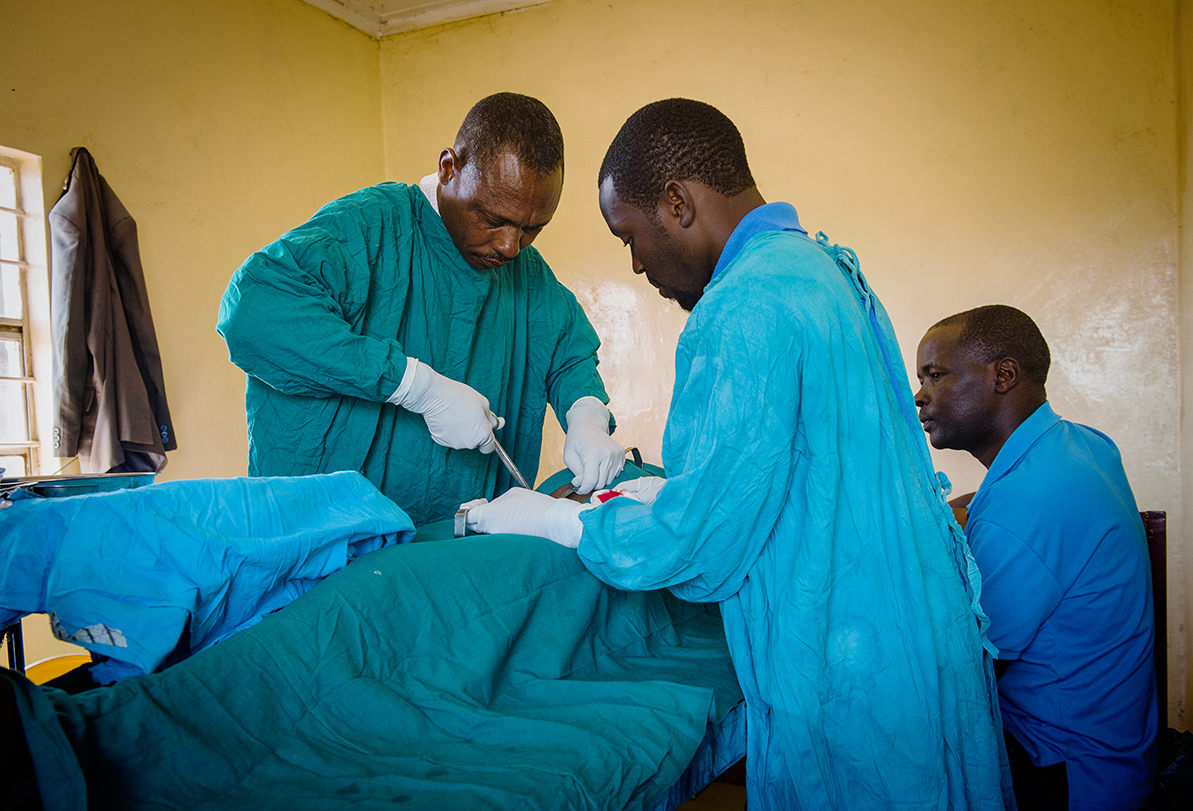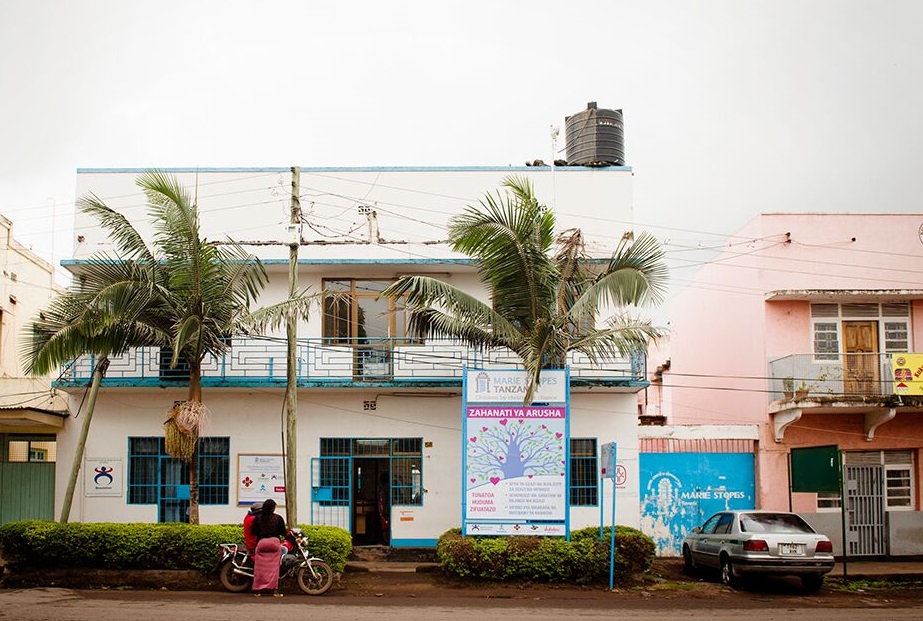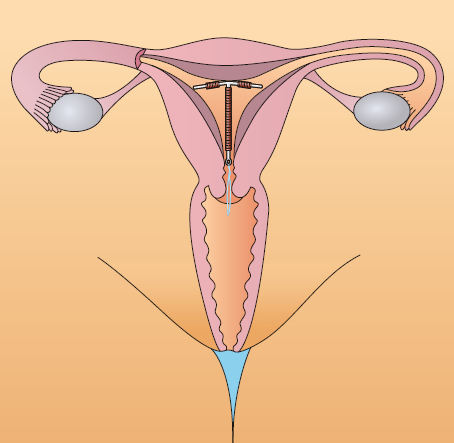Tubal ligation
A permanent contraception method for women
A surgical procedure for providing a permanent contraceptive solution
Tubal ligation is a permanent method of contraception suitable for women who are sure they don’t want anymore children.
Tubal ligation involves a short procedure, usually 15-20 minutes long, and offers highly effective protection against unexpected pregnancy. It also has no effect on a woman’s hormones, so will have no effect on a woman and her partner’s sex life.
Effectiveness
More than 99% – If one hundred women had the procedure, and carried on with their normal sex life, fewer than one of those women would fall pregnant again.

Tubal ligation advantages
Tubal ligation can offer several advantages compared with other contraceptive methods, including:
- It is a permanent method, so you do not need to remember to use contraception again
- It doesn’t interrupt sex or affect your sex life. A woman’s sex drive after tubal ligation will be the same as before, as hormone levels remain the same
- It has minimal side effects.
Things to consider
When deciding if a tubal ligation procedure is right for you, here are a few quick facts you should consider:
- Tubal ligation is a permanent, irreversible method of contraception. Therefore, it should only be adopted by those who either do not want children or already have the desired number of children.
- Using this method does not offer protection against sexually transmitted infections and HIV/AIDS.
In case of any questions or doubts before opting for this method, women are advised to consult a doctor or arrange a meeting with our clinic staff.


How tubal ligation works
Tubal ligation involves closing a woman’s fallopian tubes. The fallopian tubes normally carry an unfertilised egg to the womb.
Closing the fallopian tubes prevents the egg and sperm meeting, so a pregnancy cannot occur. Female sterilisation is a quick and safe surgical operation. It needs to be done by a trained health provider.
The tubes can be closed in several ways. One method is to make one small cut in the lower stomach to see the tubes on each side of the womb, and then cut the tubes. The other method is to place a small camera and other instruments through a hole in the stomach to see the tubes, which are then clipped.
Tubal ligation aftercare
After recovering from the initial anaesthetic of the procedure and completing a few minor checks, you’ll be allowed to go home.
Our trained staff will provide you with a detailed guide of what to expect after the surgery, and are on hand to answer any questions you may have.
It is completely normal to feel some discomfort and you should consider a few days of rest immediately after the procedure.
Some women experience vaginal bleeding or spotting. We recommend using a sanitary towel if you experience any bleeding. Discomfort, similar to period pain, is also common, and you may be prescribed painkillers for this. Contact us or your doctor for advice if you are still experiencing excessive pain after taking painkillers.
Depending if you have stitches and/or a dressing over your wound, we will advise caring for your wound following the surgery. Generally, however, you should be able to resume showering or bathing as normal once the dressing is removed.
Your sex drive should not be affected by the operation and you can begin having sex as soon as it is comfortable to do so. Long-term partners may not need to use other forms of contraception to prevent pregnancy, but remember that tubal ligation will not protect you from STIs.
Try our online contraceptive adviser if you’re looking to find a new contraception method that suits you.
Recovering from a female surgical procedure? We recommend booking a follow-up appointment to check your health after the procedure.
Tubal ligation aftercare
After recovering from the initial anaesthetic of the procedure and completing a few minor checks, you’ll be allowed to go home.
Our trained staff will provide you with a detailed guide of what to expect after the surgery, and are on hand to answer any questions you may have.
It is completely normal to feel some discomfort and you should consider a few days of rest immediately after the procedure.
Some women experience vaginal bleeding or spotting. We recommend using a sanitary towel if you experience any bleeding. Discomfort, similar to period pain, is also common, and you may be prescribed painkillers for this. Contact us or your doctor for advice if you are still experiencing excessive pain after taking painkillers.
Depending if you have stitches and/or a dressing over your wound, we will advise caring for your wound following the surgery. Generally, however, you should be able to resume showering or bathing as normal once the dressing is removed.
Your sex drive should not be affected by the operation and you can begin having sex as soon as it is comfortable to do so. Long-term partners may not need to use other forms of contraception to prevent pregnancy, but remember that tubal ligation will not protect you from STIs.
What to expect at your appointment
It is carried out under local anaesthetic and sedation, using simple techniques to seal the fallopian tubes.
After this procedure has been performed, an egg cannot move from the ovary through the tubes (a woman has two Fallopian tubes), and eventually to the uterus.
Tubal ligation procedure
The procedure is performed by a highly trained doctor and takes approximately 15-20 minutes
Looking for more information about tubal ligation?
Try visiting our frequently asked questions.
Other contraceptive methods
We offer a range of contraceptive and sexual health services to suit you










